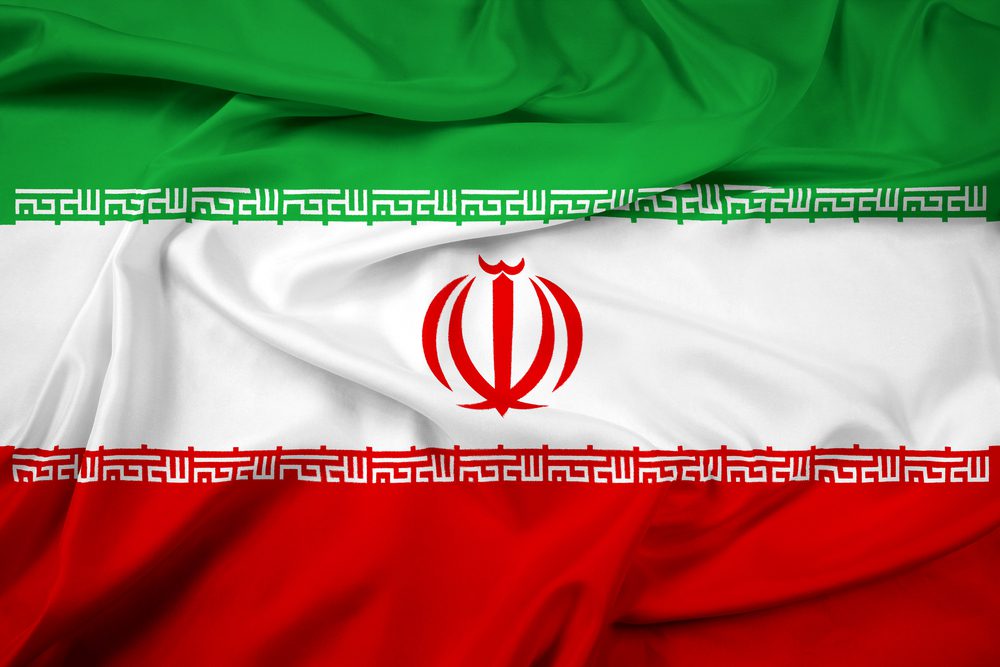Trump Claims U.S. Hit Venezuelan Drug Dock in First Known Land Attack
President Donald Trump said the US struck a facility inside Venezuela, in what would be a significant escalation in its campaign against alleged drug trafficking operations there.

![]() July 14 (Reuters) – Iran and six world powers reached a nuclear deal on Tuesday, capping more than a decade of negotiations with an agreement that could transform the Middle East, and which Israel called an “historic surrender”.
July 14 (Reuters) – Iran and six world powers reached a nuclear deal on Tuesday, capping more than a decade of negotiations with an agreement that could transform the Middle East, and which Israel called an “historic surrender”.
Under the deal, sanctions imposed by the United States, European Union and United Nations would be lifted in return for Iran agreeing long-term curbs on a nuclear programme that the West has suspected was aimed at creating a nuclear bomb.
International sanctions imposed to force Iran to curb its nuclear programme have halved its oil exports to just over 1 million barrels per day since 2012, and hammered its economy.
A complex range of restrictions have been imposed over several decades – the first of them in 1979, after Iranian students stormed the U.S. Embassy in Tehran.
But the major oil-related sanctions were imposed by the United States and the European Union in 2012 to pile pressure on Iran over its nuclear programme. The sanctions are multi-layered, and will take time to remove fully.
Iranian state news agency IRNA reported on Tuesday economic and financial sanctions will be lifted when implementation of the deal begins.
Here is a summary of the measures currently in force, which U.S. Treasury Secretary Jack Lew has estimated have cost Iran more than $160 billion in oil revenue alone since 2012:
U.S. SANCTIONS
American companies and individuals are prohibited from trading directly or indirectly with Iran’s oil and gas sector, the government of Iran, or individuals connected to the oil and gas sector or in any financing of it. U.S. interests are also prevented from investing in Iran’s oil and gas industries.
U.S. sanctions can also target financial institutions that engage in transactions with the state-owned National Iranian Oil Company or its subsidiary, Naftiran Intertrade Company.
Companies or individuals who breach the sanctions risk significant fines, asset freezes, being cut off from the U.S. dollar banking system, or even being blacklisted themselves.
EU SANCTIONS
The EU has also imposed sanctions prohibiting trade with Iran’s oil sector. This includes any business with any part of Iran’s energy sector or government agencies related to it and any investments in that industry.
EU sanctions also prohibit European firms and individuals from importing or purchasing Iranian crude oil, petroleum products or natural gas, assisting in the construction of oil tankers, or supplying vessels to transport or store oil or petrochemical products.
SHIPPING AND INSURANCE
Iran’s oil sector has found it increasingly hard to transport oil or insure cargoes.
EU and U.S. sanctions have blacklisted Iran’s shipping sector, including its top tanker owner NITC, meaning U.S. and European companies are prohibited from trading with it.
NITC is Iran’s main transporter of oil. The main port operator, Tidewater Middle East Co, is also subject to sanctions, which has complicated shipments from export terminals.
Iran has also been prohibited from securing the services of international ship classification firms, which certify that vessels have met the safety and environmental standards necessary to obtain insurance and access to ports.
(Writing by Jonathan Saul; Editing by Kevin Liffey and Dale Hudson)
(c) Copyright Thomson Reuters 2015.

Sign up for gCaptain’s newsletter and never miss an update

Subscribe to gCaptain Daily and stay informed with the latest global maritime and offshore news
Essential news coupled with the finest maritime content sourced from across the globe.
Sign Up